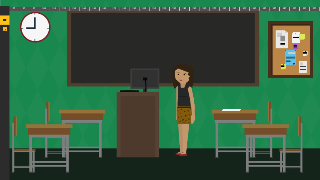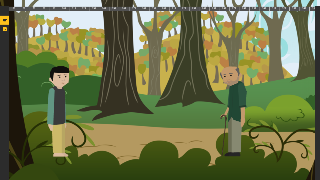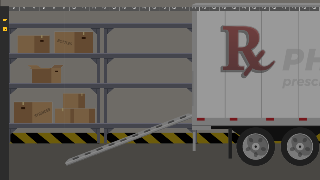Simulation Games as policy advisory tools
Status: Draft
By: Saskia
Created: September 1, 2022
15 minutes
5 / 25 players
no comments
Type:
START STUDY: |
|
END STUDY: |
Invitation
Hello dear people,
I would be very happy if you would take some time to answer my littel survey.
It is for a paper in my master study
have a nice day
Kind regards
Saskia
Requirements
| Age: | 18 years or older |
| Experience with Simulation games: |
Other Info
Explanation
The survey questions were based on the criteria of a knowledge transfer model called RIU model (Research-Integration-Utilization).
It is an non-linar political science model, which states that there is no automatic connection between the field of science and politics, due to fundamental differences. The model emphasizes the important phase of integration.
This survey was designed to shed light on whether simulation games can fulfill the “integration criteria” and are thus suitable as a means of integration.
Motivation
The goal of this survey is to find out if Simulation Games could be deployed as integration tools to improve the transfer of scientific knowledge into policy utilization.
Prior Research
Gaming Simulations have a long history in policy interventions. (see Kritz 2017: pp. 4) There is already a well established amount of Policy Games literature. Igor S. Mayer for example points out the unique power of Policy games to capture and integrate the technical physical as well as the social-political complexities of political problems. (see Mayer 2009: pp. 825) Another recent example would be the research of Gandziaroska-Ziolecka and Stasiak who presented the “potential as advisory tools, supporting various stages of policymaking processes, as well as educational devices, enhancing the broader quality of advisory systems and processes.” (Gandziaroska-Ziolecka; Stasiak 2017: pp 13) They come to the conclusion that the method could enhance a mutual understanding on the contrary sides of the knowledge-policies divide. These “bridging-games” however seem to be challenging due to the deep-rooted nature of said gap. (see Gandziaroska-Ziolecka; Stasiak 2017: pp 7-13)
 ARTEAGA Psyc 4371 Exp
ARTEAGA Psyc 4371 Exp Adventurer and Dungeon
Adventurer and Dungeon Gamette Wholesaler (Study 2 Pilot)
Gamette Wholesaler (Study 2 Pilot) Perspective V1
Perspective V1 NGUYEN Psyc 4371 Exp
NGUYEN Psyc 4371 Exp
0 Comments